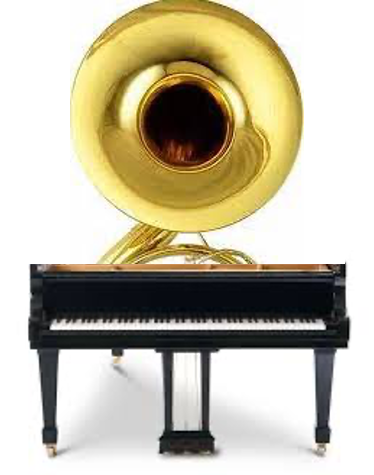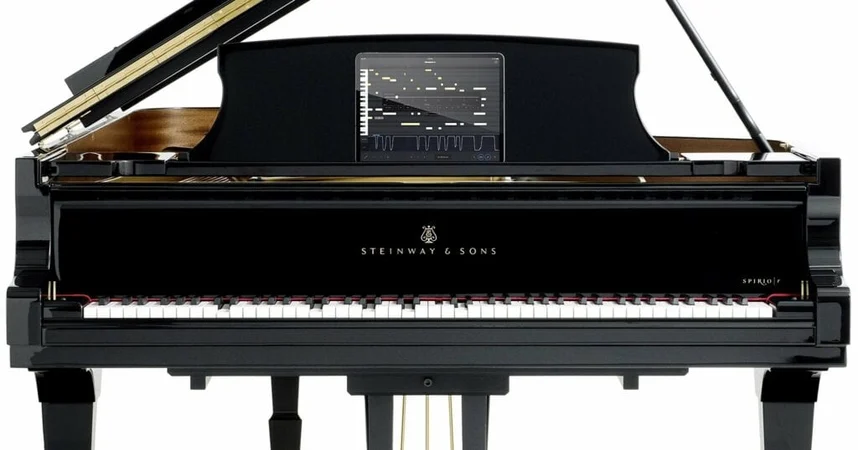I believe that after an audiophile has sufficient experience listening to live music, and sufficient experience listening to evolved and refined audio systems in people’s homes or at loudspeaker manufacturer factories or in dealer salons (I am trying to exclude audio shows here), eventually, ultimately, for many audiophiles, musical genre preference drives loudspeaker preference. (Of course cost, size, form factor, color, Veblen good theory, brand preference, status symbol reason, partner acceptance factor, etc., may contaminate this postulated connection.)
David’s Bionors confirmed my view that there is something about the way that horn loudspeakers couple to the air that is consonant with the way that brass musical instruments themselves propagate their sounds to the air surrounding them. This is why I believe that many jazz aficionados and chamber music aficionados eventually find their way to horn loudspeakers.
My personal primary musical genre interest is solo vocals. For me planar dipole loudspeakers -- due to what I perceive as a highly-resolved and open presentation and sense of in-the-room realism -- achieve the greatest suspension of disbelief on solo vocals. My primary musical genre interest has not changed, and every loudspeaker I have owned has been a planar dipole.
Which loudspeaker topology is "best"? The “best” loudspeaker I have heard varies based on whether I am trying to maximize my suspension of disbelief for, for example, solo vocal recordings, live jazz club recordings or big symphony orchestra recordings. If I listened equally to each musical genre then I would select, yet again, a different loudspeaker (dynamic drivers in big cabinets) as a general purpose loudspeaker to maximize the sum of my suspensions of disbelief across different musical genres.
.
David’s Bionors confirmed my view that there is something about the way that horn loudspeakers couple to the air that is consonant with the way that brass musical instruments themselves propagate their sounds to the air surrounding them. This is why I believe that many jazz aficionados and chamber music aficionados eventually find their way to horn loudspeakers.
My personal primary musical genre interest is solo vocals. For me planar dipole loudspeakers -- due to what I perceive as a highly-resolved and open presentation and sense of in-the-room realism -- achieve the greatest suspension of disbelief on solo vocals. My primary musical genre interest has not changed, and every loudspeaker I have owned has been a planar dipole.
Which loudspeaker topology is "best"? The “best” loudspeaker I have heard varies based on whether I am trying to maximize my suspension of disbelief for, for example, solo vocal recordings, live jazz club recordings or big symphony orchestra recordings. If I listened equally to each musical genre then I would select, yet again, a different loudspeaker (dynamic drivers in big cabinets) as a general purpose loudspeaker to maximize the sum of my suspensions of disbelief across different musical genres.
.
Last edited:



